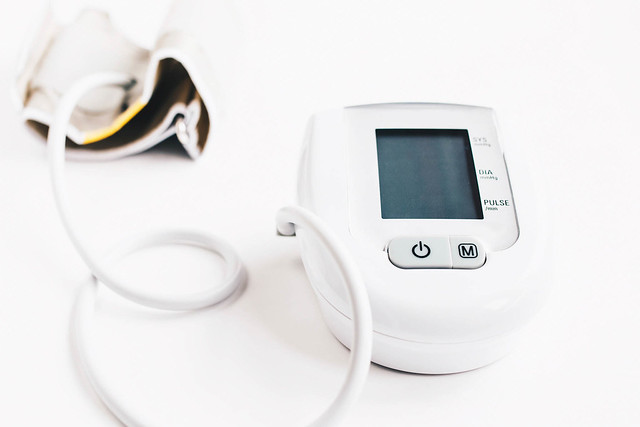A research team has invented a new coating that could finally make safe and long lasting lightweight lithium metal batteries.


A research team has invented a new coating that could finally make safe and long lasting lightweight lithium metal batteries.

Recent advances in paleoclimatology and the growing digital availability of large historical datasets on human activity have created new opportunities to investigate long‐term interactions between climate and society.

Despite the many benefits of plastics, the global plastic system is increasingly being recognized as the source of severe environmental problems.

Jun Lu and Khalil Amine evaluate the current and upcoming lithium battery technologies for electronic vehicles, including component recyclability.

Scientists in Italy aim to keep Alzheimer’s disease in check.

A new skin-mounted sensor uses the skin itself as a floating electrode, enabling low-power health monitoring and doubles as an electroluminescent display.

Body area networks based on near-field communication technology allow for inconspicuous medical sensing.

Predicting the experimental conditions that enhance coherence times for semiconducting quantum dot hybrid qubits.
![Monitoring Marine Creatures in the Deep Sea [Video]](https://www.advancedsciencenews.com/wp-content/uploads/2019/08/Cover-for-use-on-title-slide.jpg)
Non-invasive wearable devices are designed for biologging species in underwater environments.

A team of Brazilean researchers explored photobiomodulation to find evidence of stimulation in the development of newborn rats – and possibly in humans.